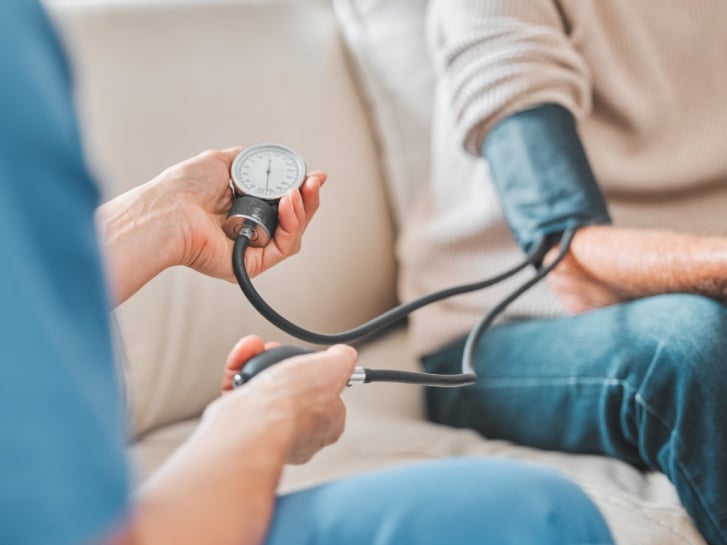Changes after a cardiac arrest
People who have a cardiac arrest often can’t remember what happened. This is because their brain was starved of oxygen at the time.
This can cause them to have memory loss or personality changes. Afterwards they may have been put in an induced coma to help them recover.
It can be difficult to look after someone during this time, especially if you’re still coming to terms with everything.
Your loved one may also feel grateful to be alive after a cardiac arrest and keen to move on. This can also be difficult if you are struggling to cope with what’s happened. Just take things one step at a time and look at things you can do to look after yourself.
If you continue to feel anxious and you’re unable to cope, it’s important to speak to your GP.
What can happen after you come home?
While you’re in hospital, you’ll have doctors and nurses to speak to and ask any questions. When you go home it can be worrying that these people aren’t around. It may help you to ask your friends and family if they can support you during this time.
Once you and your loved one are home, you may be very aware, or hypervigilant, of your loved one’s health. This is normal considering what’s happened. Remember that the doctor won’t have discharged your loved one unless they were well enough.
Some people, depending on the cause of their cardiac arrest, will have an ICD fitted. This will deliver a shock to the heart if an abnormal heart rhythm is detected.
Cardiac rehabilitation
Cardiac rehabilitation (cardiac rehab) is a programme run by cardiac nurses for heart patients. Often family members can go and access support too. Each group is slightly different, but the aim is to support and guide your recovery.
Unfortunately, programmes vary and whether your loved one can attend will depend on your local programme and the cause of their cardiac arrest. If they don’t get invited shortly after leaving hospital, speak to your loved one’s doctor or GP about attending.
If they can’t get there, they may be able to follow a programme at home.
Heart Helpline and other support






